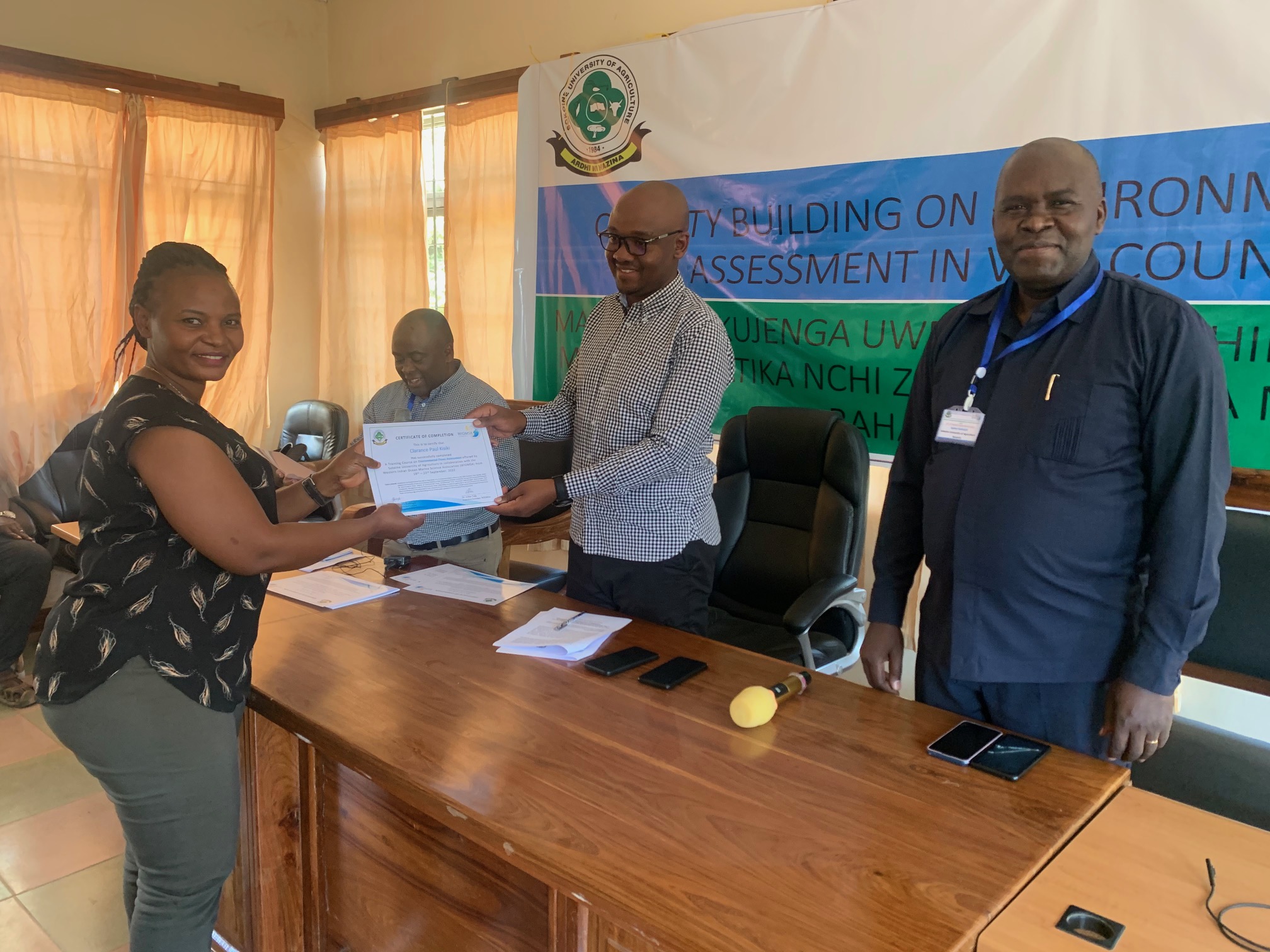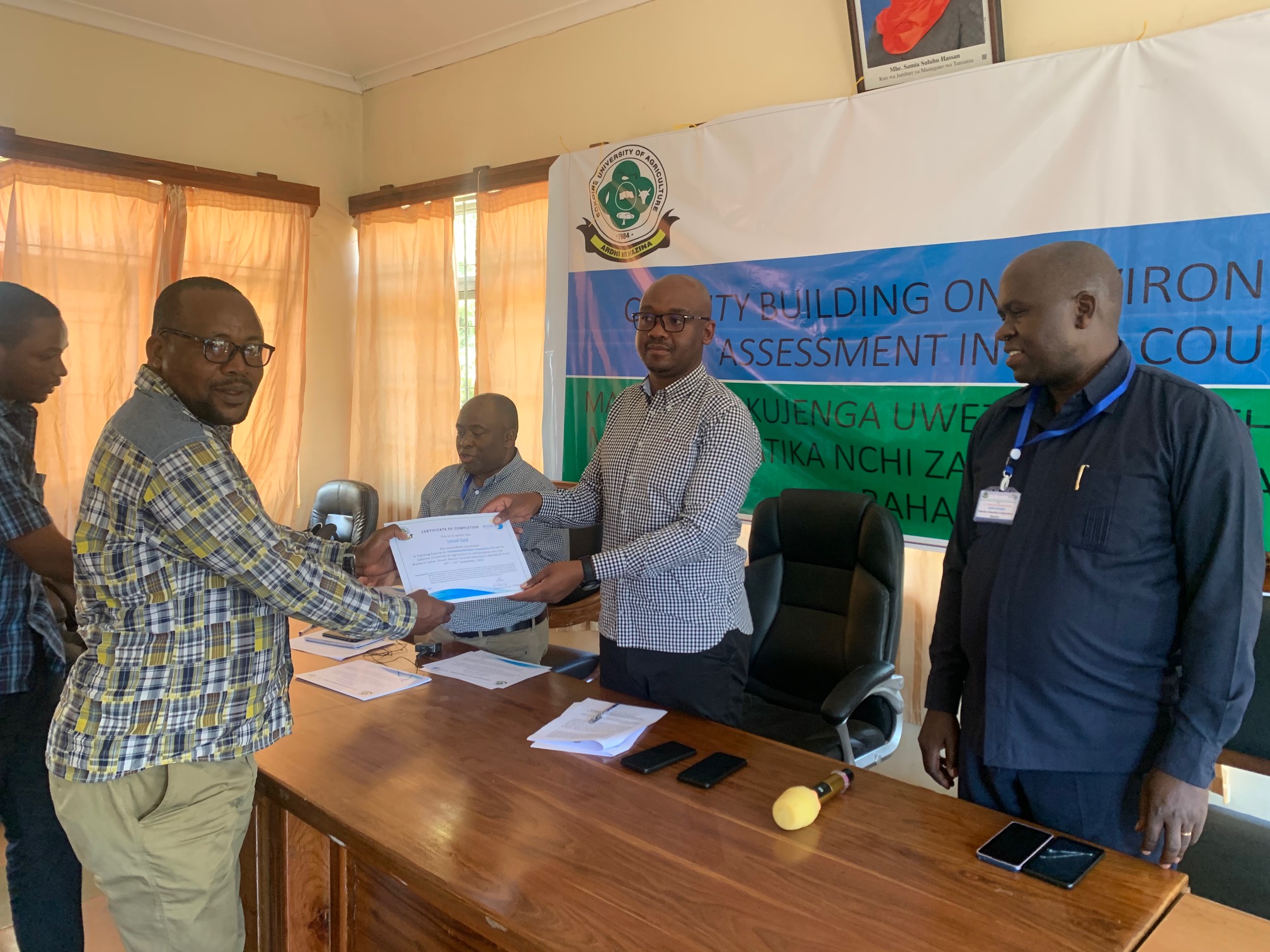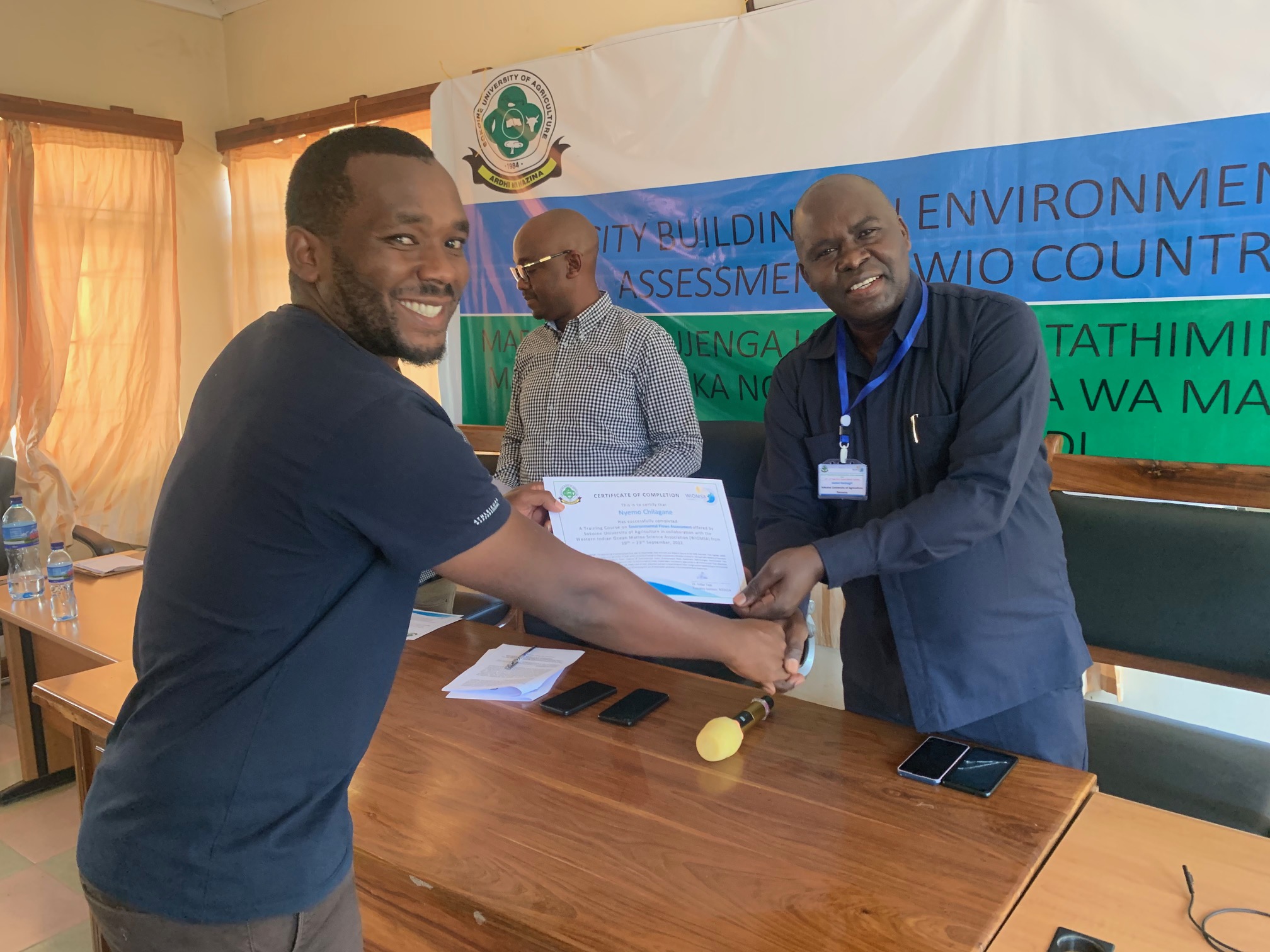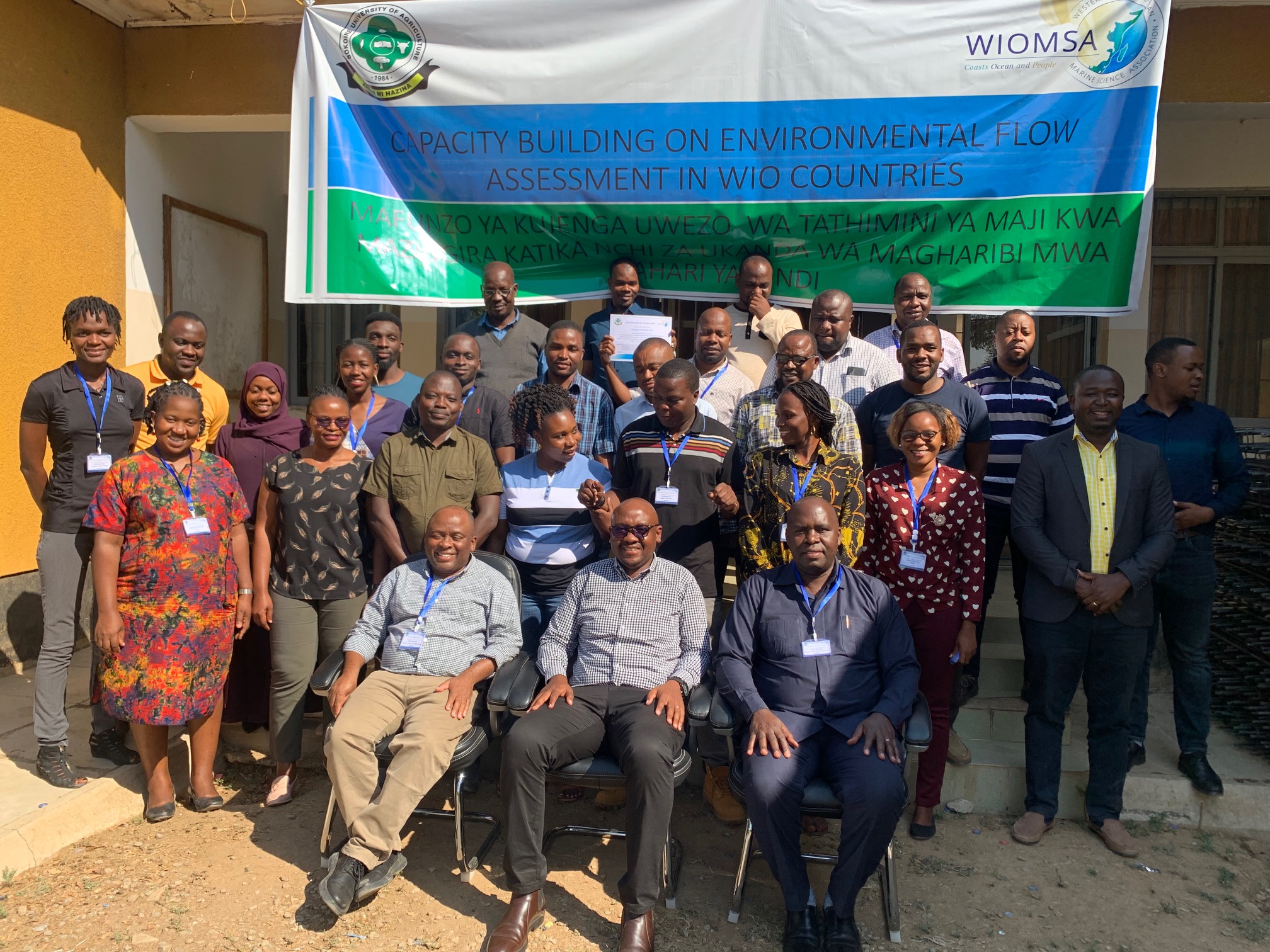The Mbarali District Council in the Mbeya region has thanked the Sokoine University of Agriculture (SUA) for the excellent work in building the capacity of Tanzanians to conduct environmental fllow assessments to assist the country in making decisions and planning for better water use in the future.

The gratitude was expressed by the District Administrative of the District, Michael Semindu, as he concluded a five-day (19th – 24th September 2022) international training held in the district to build the capacity of scientists, managers, and other stakeholders on how to conduct and assess Water for the Environment in the Western Indian Ocean region.
According to him, the training strengthened their capacity to take care of the environment and reminded them of their basic responsibilities. Their first step of action after training will be to make beacons to place along the banks of all the rivers in the district as boundaries. This will allow citizens to better understand their boundaries and where to conduct their activities to protect rivers and water.
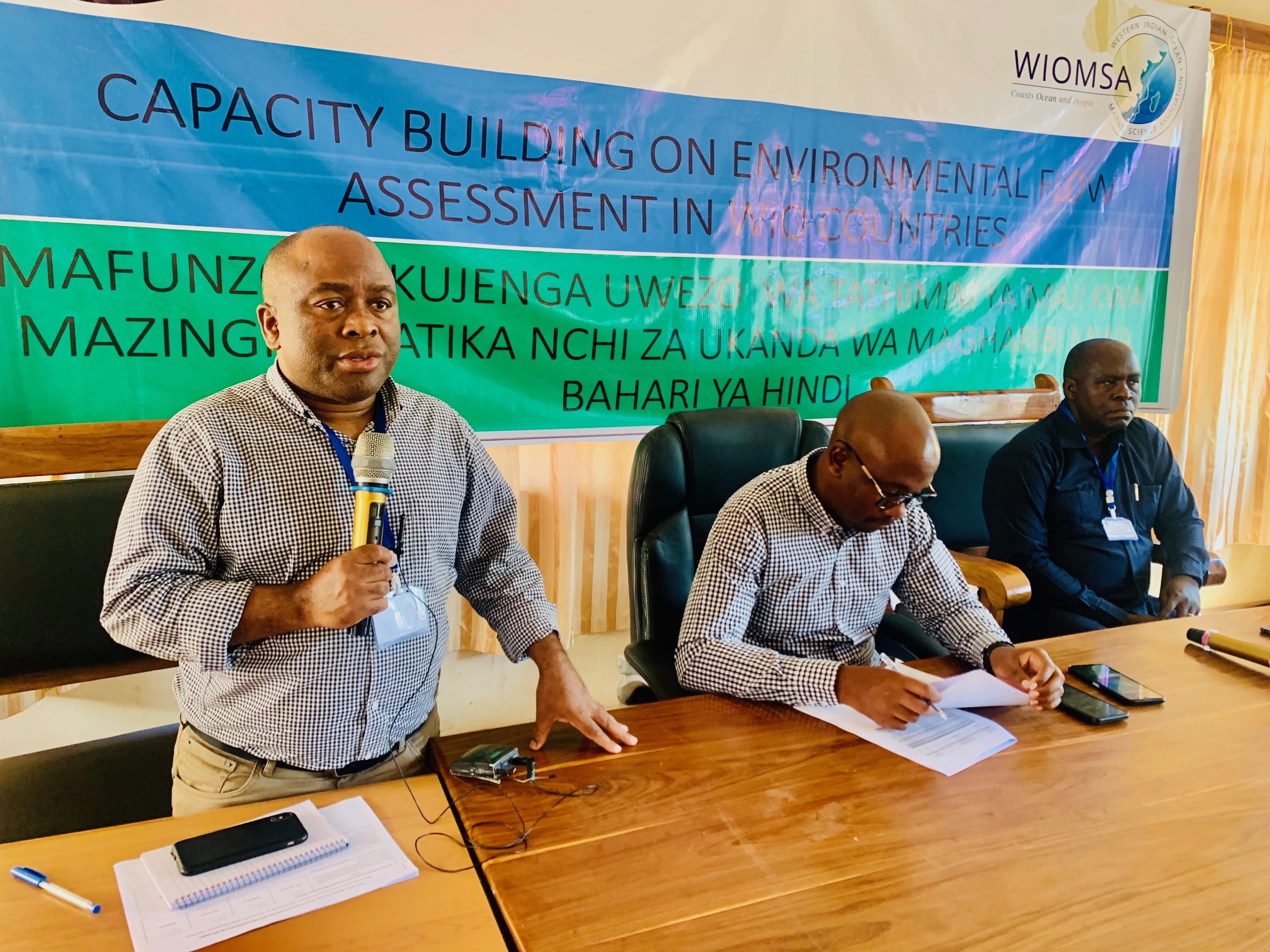
Speaking about the training, the Senior Lecturer from the Department of Civil and Water Resources Engineering in the School of Engineering and Technology, Dr. Winfred Mbungu said that the training is very significant, and if stakeholders pay attention to it, it will have a positive impact on the areas they come from.
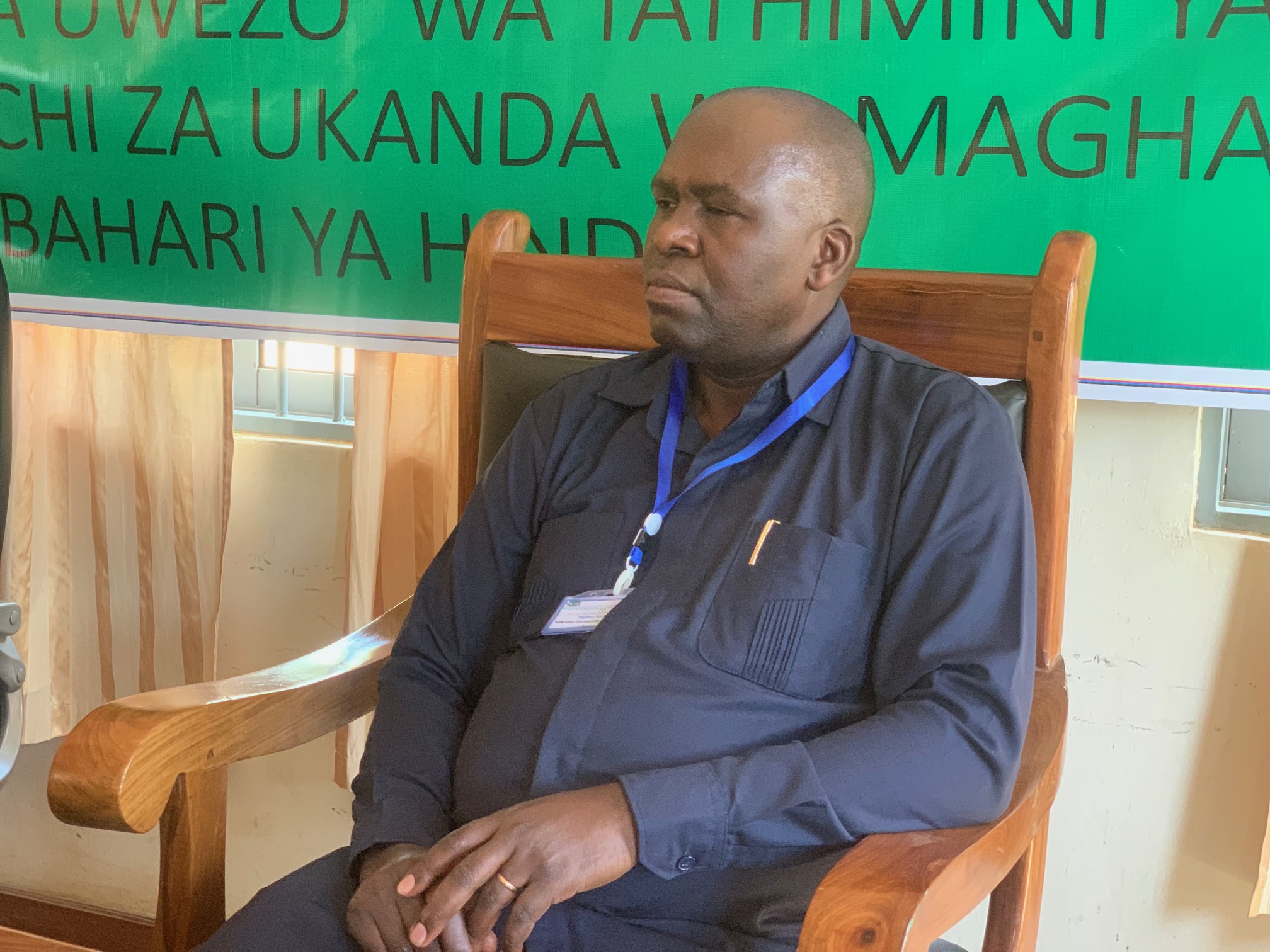
For his part, the EFLOWS Project Leader who coordinated the training, Prof. Japhet Kashaigili said that the training is part of the strategy to produce more experts in the country who are capable of carrying out activities that involve the evaluation of water for the environment and thus ensure the safety of organisms and the ecology of rivers and seas.
Prof. Kashaigili used the opportunity to urge all the participants to be exemplary ambassadors to the institutions they come from. He asked them to convey that knowledge to their colleagues in order to build a common understanding when dealing with water issues for the environment. This will enable them to give the right advice based on science.
All participants including those who attended online from countries other than Tanzania received a certificate of attendance after the training.
